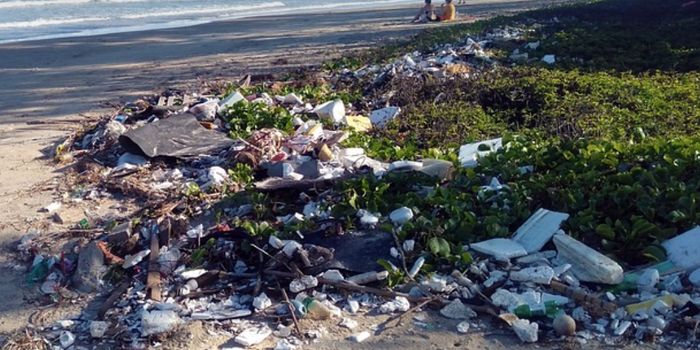American Astronomical Society Commits to Open Access Journals
The American Astronomical Society (AAS) will move to open access format by January 1, 2022. AAS publishes six journals: Astronomical Journal (AJ), the Astrophysical Journal (ApJ), Astrophysical Journal Letters (ApJL), and the Astrophysical Journal Supplement Series (ApJS). The sixth journal, AAS’s Planetary Science Journal, is already open access.
Open access publications are free and accessible to the public the moment that they are published. Traditionally, peer-reviewed articles have been locked behind paywalls, and groundbreaking research papers can only be accessed with a subscription (or as a part of an institution like a university). AAS’s commitment to making their publications open access means that anyone with an internet connection can read the latest news in astronomical science.
AAS, however, is taking it one step further — they are opening their vaults as well. On January 1, 2022, all papers, studies, and reviews published by any AAS journal since their inaugural issue will be open access. This represents a significant breakthrough in the accessibility of science and will hopefully inspire other prominent journals to move to open access journalism in the coming years.
To understand the importance of open access, I use a personal example: being a recent graduate of a four-year technical university, up until May 2021, I had access to almost any journal I wanted. This is because my tuition included the subscription fees for the most prestigious journals in the world, and through the university library, I could easily access research papers whenever I wanted. Since I’ve graduated, however, I no longer have access to these publications. To read one article, I could pay ten dollars, or $200 a year for a subscription— and that’s just for one journal.
Putting science behind a paywall means that it is inaccessible to certain groups of people; it is inherently a socioeconomic barrier. Therefore, the interpretation of and reporting on these papers is only accessible to one group of people: those who can afford to pay for knowledge.
During the early months of the COVID-19 outbreak, the Wellcome Trust, a major research funder, published a statement calling for open access journals to allow scientists to share their data faster and more widely. COVID-19 caused the most significant influx of scholarly papers in one year, with over 530,000 articles and preprints (manuscripts that hadn’t been peer-reviewed at the time of their original publication) throughout this pandemic.
The goal was to make knowledge more accessible so that scientists worldwide could collaborate and save lives. Following the lead of the physics preprint server, arXiv, medRxiv was created to publish medical preprints. On top of that, publishers promised to speed up reviews and publications of journal articles related to COVID-19. While some were concerned that this would lead to a decrease in quality, out of all of the research published on COVID-19, only 0.03% of papers have been retracted (slightly less than the rate for other disciplines pre-pandemic).
While this open-access revolution showed that scientific publications and communications could be sped up in a time of crisis, we need to take it one step further. Lives should not have to be at stake for science to be accessible.
AAS’s move to open-access journalism is a commitment, and I applaud them for it. Hopefully, this encourages other journals and publishing companies to consider making their information accessible as well.
Sources: AAS, Science Magazine


















































